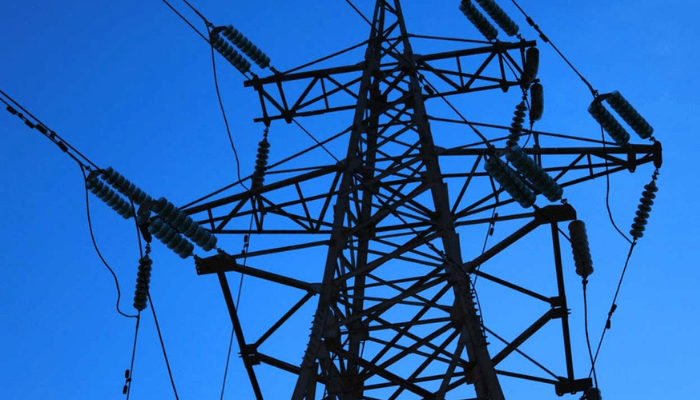The Nigerian Electricity Regulatory Commission (NERC) has announced a new regulation requiring all electricity distribution companies (DisCos) to procure at least 10% of their contracted energy from embedded generation sources, with half coming from renewable sources, by April 1, 2025.
Under this mandate, each Disco is required to procure a specified amount of energy from embedded generation sources, with a portion mandated to be sourced from renewable energy. For instance, the Abuja Disco is expected to procure at least 61.1 MW from embedded generation sources, out of which 31 MW must be sourced from renewable energy sources.
Read also: NERC to revoke licenses of non-performing DisCos
The electricity industry in Nigeria operates under stringent regulations, including guidelines for capital expenditure (CAPEX), operating expenditure (OPEX), return on investment, and allowed revenue requirements. Historically, DisCos have struggled to generate sufficient revenue to cover operational costs, leading to revenue shortfalls. To address this challenge and reduce exposure to revenue shortfalls, DisCos are encouraged to explore alternative energy sources, including renewable energy.
NERC is closely monitoring the implementation plans of DisCos to ensure compliance with this directive. Additionally, DisCos are advised to consider leveraging the recently approved World Bank-Nigeria Distributed Access through Renewable Energy Scale-Up (DARES) Programme, which provides up to $750 million in financial and technical support.
These regulatory efforts, coupled with initiatives led by the Renewable Energy Agency of Nigeria and various state governments, are expected to significantly boost energy access and accelerate renewable energy adoption in Nigeria.
According to NERC, focused regulatory action is a crucial tool for driving utility-scale renewable energy development, signaling the future direction of the power industry and incentivizing investments. DisCos, with their existing customer base and distribution infrastructure, are poised to play a vital role in accelerating renewable energy adoption.
Experts take
Alex Okheime, electrical engineering manager
Mandating Discos to procure energy from renewable sources encourages clean energy investment, diversifies energy sources, reduces emissions, and promotes sustainability.
However, this requirement may financially burden Discos, potentially leading to increased costs for consumers and affecting market competitiveness if not managed efficiently.
Read also: NERC mulls prepaid meter price hike citing forex
Taiwo Oyeniyi, Business development manager
A welcome development, only if we will also not be mandated to sell at regulated tariff, if the tariff is cost-reflective, then it’s a win-win for all stakeholders in the value chain.
In addition, mandating the Disco’s without commensurate investment in standardisation and digitalisation of our grid, will lead to more collapse, putting the goal of providing reliable supply to our customers at risk
Oluwatimilehin Ilori, corporate attorney
In a way, it will incentivize renewable energy investment in Nigeria, thus creating a cleaner energy mix. DisCos will also have to diversify their energy sources, potentially reducing reliance on the national grid- which, considering the constant collapse that the grid has witnessed in recent times, can only be a great thing.
I’m however interested in the government’s plan to strengthen the relevant infrastructure that will fully accommodate embedded generation sources.
Adeboye Adesanwo, senior litigation counsel at Lawlinks Lp
I honestly agree with the NERC that we mustn’t bank on hydro power plant and thermal power plant fuelled by gas to generate electricity. I subscribe to the fact that we must unleash other sources such as renewables; green energy as we may want to call it, to generate electricity. But the NERC is not oblivious of the liquidity challenge that the DISCOs are facing.
The same NERC regulates and cut down the DISCOs CAPEX on annual basis which hinders massive investment in electrical infrastructure year on year, and it is also obvious that the NERC will set stringent requirements for the DISCOs to access the DARES.
Read also: NERC to deduct N10.5bn from DisCos over estimated bills
The almighty NERC has the knife and fork; l think the NERC should have reduced the off -take energy by the DISCOs to may be 30 percent just so that, the impact of this directive won’t be felt by the DISCOs. Atleast the journey of a thousand miles begins with a step. I think the 50 percent energy off take by the DISCOs is too high to start with.

